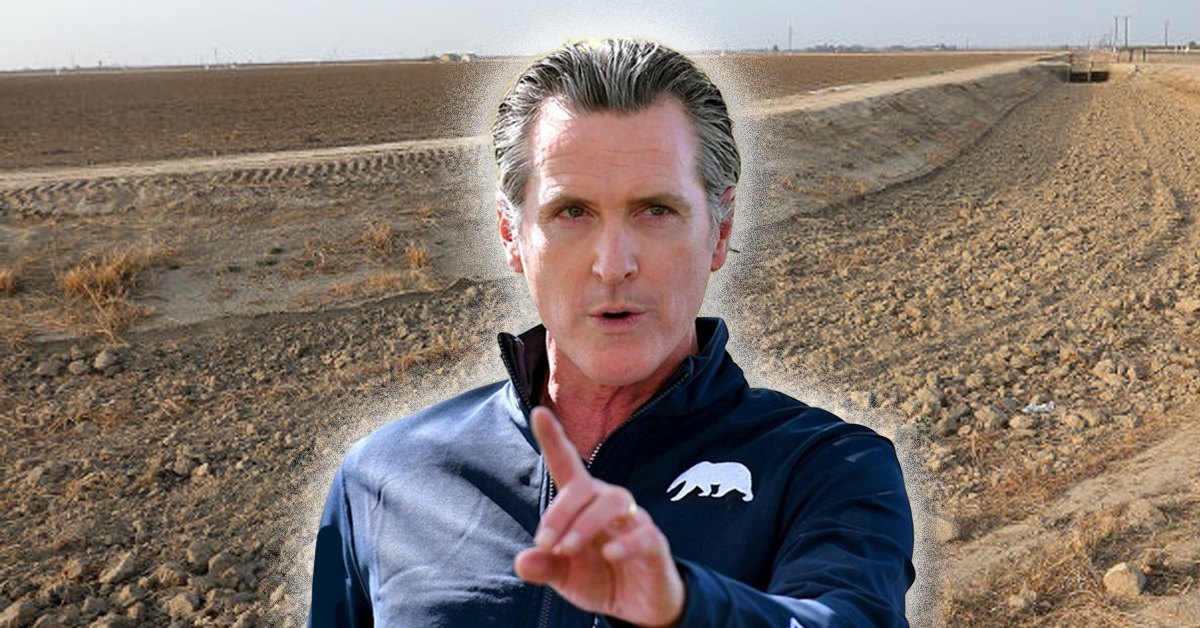A decision by California’s air board mandating gig economy drivers for Uber and Lyft to shift to electric vehicles during the 2020s is drawing heavy criticism for the financial crunch on middle class drivers.
The ride-sharing companies, who successfully passed Proposition 22 to deem their drivers as independent contractors, rely on drivers to utilize their own cars to serve customers.
The new rule from the California Air Resources Board throws a key question into the mix: who will pay for the switch from gasoline to electric vehicles for ride-sharing? The drivers or the companies?
One estimate on cost, tendered by the Union of Concerned Scientists, would total $1.73 billion to make the switch.
The ride-sharing companies are pressing state officials to share costs through incentive programs akin to those for electric vehicle purchases.
Meanwhile, state Democratic legislators aren’t holding back their dismay at the new regulation, arguing it is driving a greater financial wedge into the wallet of middle class and poor Californians attempting to make a living.
The @AirResources is at it again! New leadership, but same bureaucratic tone deaf mistakes of the past continue. Yesterday, the board chose to overstep it’s authority while simultaneously failing to think about how their half baked ideas will effect hard-working Californians!— Jim Cooper (@AsmJimCooper) May 21, 2021
Without major government subsidies to help these drivers, this regulation will only widen the gap between the haves & the have nots. CARB should be addressing income inequality in its regulations, instead they continue to make it worse. 🤦🏾♂️— Jim Cooper (@AsmJimCooper) May 21, 2021









